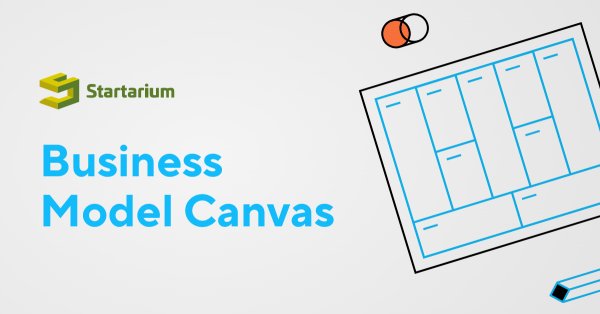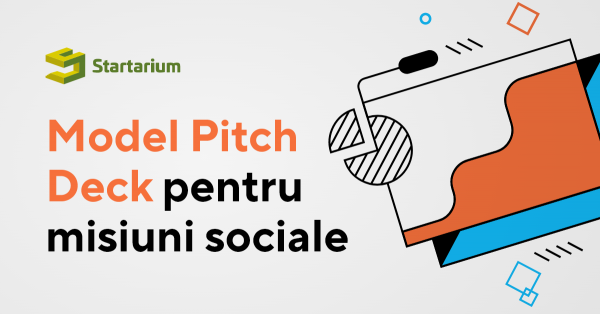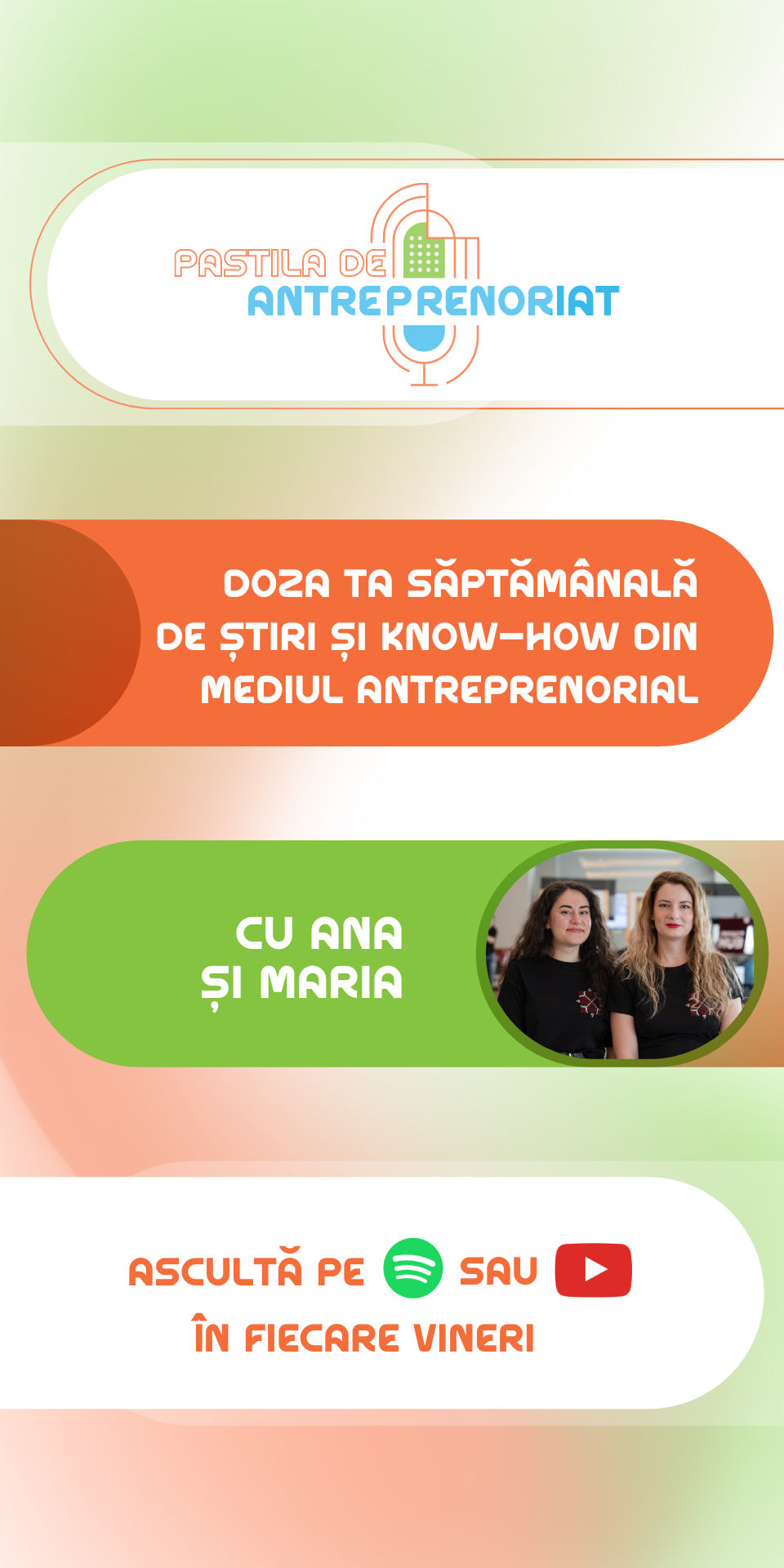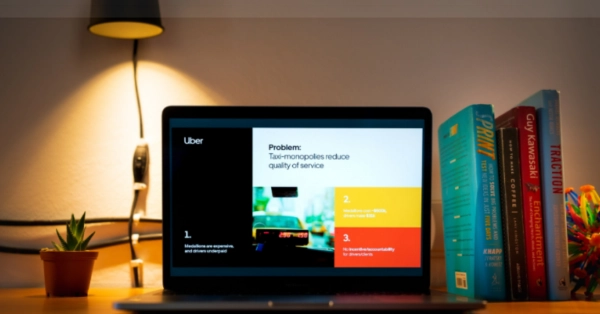Wherever they are used, creative interventions have an incredible potential to stimulate processes of self-reflection, wellbeing and hence development as well as improvement of social, personal, and professional skills.

Your social, personal, and professional skills
For your creative interventions to be successful, you will have to combine your creative and artistic “core” with your knowledge and skills - that is because the first step you will have to take is to actually interact with businesses and use your skills for translating ideas into different mindsets.
It will surely be exciting for you to motivate your client organization to enter into the unknown with you, demonstrating courage, leadership, empathy and many other abilities.
Your social competencies will enable you to engage managers and employees in your creative intervention in an environment that differs from your artistic background. If you are a good communicator, you will gain trust to motivate for change and innovation processes that you facilitate.
Finally, your creative intervention is a creative PROJECT, and leading and managing projects requires plenty of foresight, strategic thinking, planning, budgeting, organizing, negotiating, supervising, reporting and so on.
For this reason, professional, entrepreneurial, or business skills, which we all know are not usually part of classic curricula for artists, are essential if you want to produce creative interventions yourself!
The right mindset for delivering a successful creative intervention
The easiest way for you to be prepared for all this is to self-reflect on your social and personal skills. So take some time and evaluate how far you have mastered each ability below:
- your ability to be non-judgmental and open-minded
- your ability to be responsible
- your motivations to engage in personal and professional challenges
- your ability to set the scene, create an encouraging atmosphere and establish a trust-based rapport from the start
- your ability to transform and adapt yourself
- your mission to bring innovation
- your ability to face challenges, participate, networking
Try to remember and keep in mind your attitude and behavior in relation to developing your ideas and planning for creative interventions, which you will need to describe because this will definitely help you to replicate them in your actual intervention.
The easiest way for you to be prepared for all this is to reflect on your own social and personal skills.
Motivation
If you are motivated, it will be much easier for you to move toward your goal, to engage interest, and to involve others.
Empathy
If you are empathic, you are aware of the feelings and emotions of other people, you are “linked” with others, because you as an individual understand what others are experiencing as if you were feeling it yourself.
Open-mindedness, flexibility
If you are open-minded, you are willing to consider or receive new and different ideas, you are flexible and adaptive to new experiences and ideas and you are willing to change your views when presented with new facts and evidence. If you are not and are resistant to change, you will find life less rewarding and satisfying.
Self-confidence
If you are self-confident, you are self-assured, you show self-reliance, you are not anxious or nervous, but you are able to think positively, keep your strengths in mind, and do not allow self-doubt to swamp you with negative thoughts and feelings. You are assertive too and get what you want by standing up for yourself and, if you like, you regard yourself as equal to others and behave in a way that reflects this.
Non-self-centered
This is a key attitude for successful break-in actions because if you are self-centered, you basically only consider yourself and your needs: conversation and actions are lacking in consideration and respect for others while your own personal, profit and pleasure lie completely in yourself.
Very simply, if you are self-centered you will not be able to interact with your client organization, with managers and employees, because you will be preoccupied with yourself and your perspective, which will be only directed in your favor.
Maturity
In psychology, maturity is the ability to respond to the environment by being aware of the correct time and location to behave and knowing when to act, according to the circumstances and the culture of the society one lives in. Adult development and maturity theories include the purpose in life concept, in which maturity emphasizes a clear comprehension of life's purpose, frankness and intentionality, which contributes to the feeling that life is meaningful. (source)
Surely, intellectual and emotional maturity is not connected to your age! There are different interpretations, but mature people are emotionally independent, able to take care of themselves, aware of and able to take responsibilities, self-disciplined and respectful.
Ability to think critically
You are thinking critically and in a problem-solving mindset when you: rely on reason rather than emotion, evaluate a broad range of viewpoints and perspectives; maintain an open mind to alternative interpretations, accept new evidence, explanations and findings; are willing to reassess information; can put aside personal prejudices and biases; consider all reasonable possibilities and avoid hasty judgments.
Resilience
If you are resilient, you adapt well in the face of adversity, trauma, tragedy, threats, or even significant sources of stress — such as family and relationship problems, serious health problems, or workplace and financial stressors. It means that you are able to “bounce back” from difficult experiences.
It is also important for you to reflect on your professional skills in order to:
- gain self-confidence in the context of break-in actions
- get evidence of your training and experience-acquired skills
- plan, implement and realize the activities relevant to creative interventions.























